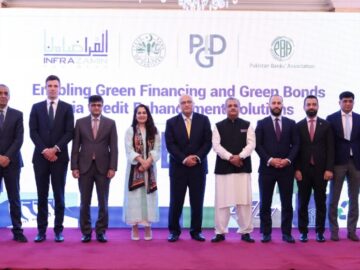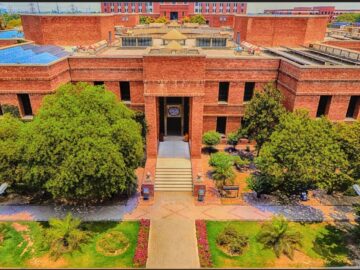
Qist Bazaar Private Limited, a fintech startup backed by Bank Alfalah has achieved a remarkable and groundbreaking milestone of being officially recognized by the Securities and Exchange Commission of Pakistan (SECP) as a ‘Shariah-Compliant Company,’ marking Qist Bazaar as the pioneering Buy Now Pay Later (BNPL) startup in Pakistan to attain such certification.
This significant development underscores Qist Bazaar’s unwavering commitment to not only innovation but also adherence to Islamic finance principles.
QistBazaar.pk has introduced an ingenious and consumer-centric approach through its home-grown credit engine-based installment plans, which cater to a segment of the population that often remains underserved and unbanked due to the limitations of traditional financial institutions.
Through its inclusive practices, Qist Bazaar has addressed this financial gap, empowering individuals who have historically been overlooked. This certification from the SECP solidifies their dedication to meeting the diverse needs of their customers while staying true to the tenets of Islamic finance.
The attainment of Shariah-compliant status by Qist Bazaar for its BNPL service is nothing short of a watershed moment for the financial landscape in Pakistan. This pivotal development signifies a significant stride towards fostering inclusivity within the burgeoning fintech sector.
By seamlessly merging religious beliefs with modern financial solutions, Qist Bazaar stands at the forefront of this innovative journey. Its success serves as an exemplar for other enterprises, both within the boundaries of Pakistan and in the broader realm of Islamic finance.
One remarkable facet of Qist Bazaar’s BNPL service is its accessibility to everyone, without the necessity of possessing debit/credit cards or conventional bank accounts. This convenience transcends barriers, making financial empowerment attainable for all strata of society.
Furthermore, the newly attained Shariah-compliant status of this offering underscores its alignment with the aspirations and preferences of the average Pakistani, amplifying its appeal and relevance.










